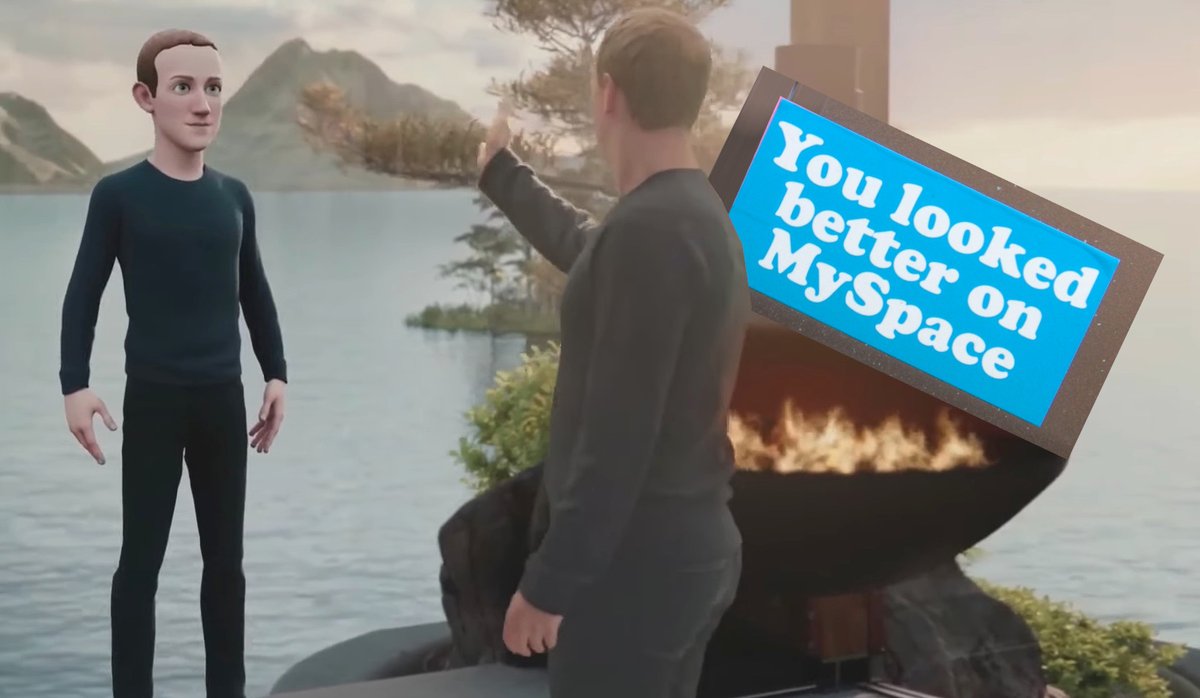
Today's Twitter threads (a Twitter thread).
Inside: The extremely shady "educational integrity" industry; Oh great, there's DRM in printer PAPER now; and more!
Archived at: pluralistic.net/2022/02/16/una…
#Pluralistic 1/
Inside: The extremely shady "educational integrity" industry; Oh great, there's DRM in printer PAPER now; and more!
Archived at: pluralistic.net/2022/02/16/una…
#Pluralistic 1/

This coming weekend (Feb 18-20) I'm a (virtual) guest at the @boskonenews sf convention. I'm doing several panels and my first-ever reading from *Red Team Blues,* my forthcoming novel from @TorBooks.
schedule.boskone.org/people/29740 2/
schedule.boskone.org/people/29740 2/
The extremely shady "educational integrity" industry: From Proctorio to Honorlock.

https://twitter.com/doctorow/status/14939724136037990413/

Oh great, there's DRM in printer PAPER now: Dymo was so preoccupied with whether or not they could, they didn't stop to think if they should.

https://twitter.com/doctorow/status/14939831248287006764/

#15yrsago Macrovision sends pretty lies to Steve Jobs web.archive.org/web/2007021808…
#10yrsago Meet the western technology companies who sell network snooping technology to torturing dictators eff.org/deeplinks/2012… 5/
#10yrsago Meet the western technology companies who sell network snooping technology to torturing dictators eff.org/deeplinks/2012… 5/

#5yrsago More anti-money laundering measures hit China as top three Bitcoin exchanges freeze withdrawals bleepingcomputer.com/news/legal/chi…
#1yrago Ring helped LAPD spy on BLM protests pluralistic.net/2021/02/16/rin…
#1yrago Uber loses (another) $6.8b pluralistic.net/2021/02/16/rin… 6/
#1yrago Ring helped LAPD spy on BLM protests pluralistic.net/2021/02/16/rin…
#1yrago Uber loses (another) $6.8b pluralistic.net/2021/02/16/rin… 6/

Yesterday's threads: McKinsey For Kids (no, really); Outing German spy agencies by mailing them Airtags; and more!

https://twitter.com/doctorow/status/14936386463643156557/

My latest book is Attack Surface, a sequel to my bestselling Little Brother books, now in paperback, wherever books are sold.
Signed copies at @darkdel:
darkdel.com/store/p1840/Co… 8/
Signed copies at @darkdel:
darkdel.com/store/p1840/Co… 8/
My book "How to Destroy Surveillance Capitalism" is a critique of Big Tech connecting conspiratorial thinking to the rise of tech monopolies (proposing a way to deal with both) is now out in paperback:
onezero.medium.com/how-to-destroy…
Signed copies here:
darkdel.com/store/p2024/Av… 9/
onezero.medium.com/how-to-destroy…
Signed copies here:
darkdel.com/store/p2024/Av… 9/

My ebooks and audiobooks (from @torbooks, @HoZ_Books, @mcsweeneys, and others) are for sale all over the net, but I sell 'em too, and when you buy 'em from me, I earn twice as much and you get books with no DRM and no license "agreements."
craphound.com/shop/ 10/
craphound.com/shop/ 10/

Upcoming appearances:
* @boskonenews 59 (Feb 18-20)
schedule.boskone.org/people/29740
* Dangerous Visions and New Worlds: Radical SF, 1950 to 1985 (@CityLightsBooks), Feb 27
citylights.com/events/dangero…
* Emerging Technologies For the Enterprise, Apr 19-20
2022.phillyemergingtech.com 11/
* @boskonenews 59 (Feb 18-20)
schedule.boskone.org/people/29740
* Dangerous Visions and New Worlds: Radical SF, 1950 to 1985 (@CityLightsBooks), Feb 27
citylights.com/events/dangero…
* Emerging Technologies For the Enterprise, Apr 19-20
2022.phillyemergingtech.com 11/

Recent appearances:
* Bringing Back Luddites (@OhNoPodcast)
ohnopodcast.com/investigations…
* The End of Uber (@TheWarOnCars)
thewaroncars.org/2022/01/26/the…
* Moral Panic (@Drug_Science Podcast)
drugscience.org.uk/podcast/53-mor… 12/
* Bringing Back Luddites (@OhNoPodcast)
ohnopodcast.com/investigations…
* The End of Uber (@TheWarOnCars)
thewaroncars.org/2022/01/26/the…
* Moral Panic (@Drug_Science Podcast)
drugscience.org.uk/podcast/53-mor… 12/

My first picture book is out! It's called Poesy the Monster Slayer and it's an epic tale of bedtime-refusal, toy-hacking and monster-hunting, illustrated by Matt @MCRockefeller. It's the monster book I dreamt of reading to my own daughter.
pluralistic.net/2020/07/14/poe… 13/
pluralistic.net/2020/07/14/poe… 13/

You can also follow these posts as a daily blog at pluralistic.net: no ads, trackers, or data-collection!
Here's today's edition: pluralistic.net/2022/02/16/una… 14/
Here's today's edition: pluralistic.net/2022/02/16/una… 14/
If you're a @Medium subscriber, you can read these - as well as previews of upcoming magazine columns and early exclusives on doctorow.medium.com. 15/
My latest @Medium column is: "An Open Letter to Pixsy CEO Kain Jones, Who Keeps Sending Me Legal Threats"
doctorow.medium.com/an-open-letter… 16/
doctorow.medium.com/an-open-letter… 16/
If you prefer a newsletter, subscribe to the plura-list, which is also ad- and tracker-free, and is utterly unadorned save a single daily emoji. Today's is "🤳🏾". Suggestions solicited for future emojis!
Subscribe here: pluralistic.net/plura-list 17/
Subscribe here: pluralistic.net/plura-list 17/
Are you trying to wean yourself off Big Tech? Follow these threads on the #fediverse at @pluralistic@mamot.fr.
Here's today's edition: mamot.fr/@pluralistic/1… 18/
Here's today's edition: mamot.fr/@pluralistic/1… 18/
• • •
Missing some Tweet in this thread? You can try to
force a refresh











